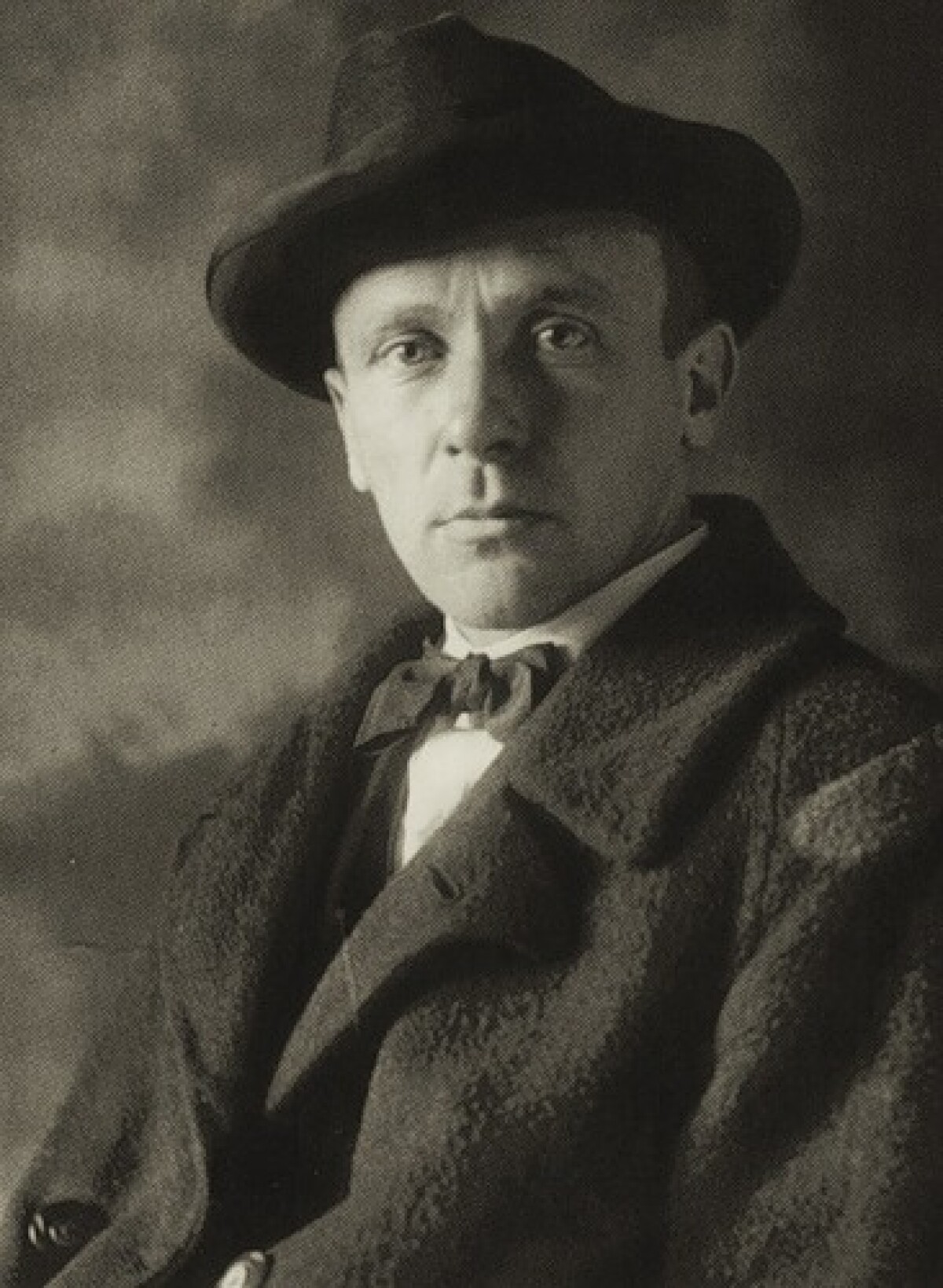Bulgakov Mikhail
The Soviet novelist and playwright Mikhail Bulgakov (1891-1940) was a satirist with an outstanding talent for depicting the grotesque, the comic, and the fantastic.
Mikhail Bulgakov was born on May 2, 1891, in Kiev of a middle-class intellectual family. He graduated in medicine from the University of Kiev but soon abandoned his medical career for journalism. His first literary efforts were short stories, such as The Fatal Eggs and Devilry, in which the real world is mixed with science fantasy for the purpose of social and moral satire.
The realistic novel The White Guard (1924) was Bulgakov's first major triumph and is notable as one of the few works published in the Soviet Union which sympathetically portray the supporters of the White cause during the civil war. This outstanding novel was never reprinted in Russia, but Bulgakov's dramatic adaptation of it, The Days of the Turbins (1926), became a fixture on the Soviet stage. From 1926 until his death Bulgakov was closely associated with the Moscow Art Theater, for which he wrote over 30 plays, only 8 of which were performed in his lifetime.
During the 1930s Bulgakov's partiality for satire and his independence as a writer kept him under a political cloud. At one time the pressure on him became so great that he asked Stalin for permission to leave the Soviet Union permanently, but Stalin refused. He also suffered from poor health and became blind the year before his death in 1940.
It was not until the 1960s that Bulgakov was fully rehabilitated by the Soviet authorities. At that time the manuscripts of numerous stories and plays and of three novels were discovered and published; these works established him as one of the finest 20th-century Russian writers. The first of the novels to appear was Black Snow (written in the late 1930s), a satire on the Soviet theatrical world. The second, The Heart of a Dog (written in 1925), is a science fantasy in which human organs are transplanted into a dog, giving it the most disgusting qualities of mankind.
The third novel, The Master and Margarita, was written in his last years and is Bulgakov's greatest work. It is a complex, grotesque, and fantastic satire, combining a unique interpretation of the story of Jesus with descriptions of the literary and theatrical circles of Moscow and with weird adventures caused by the mischief of the devil. The novel has many symbolic elements, which can be interpreted in a great variety of ways. A number of Bulgakov's manuscripts remain unpublished.
Share:









